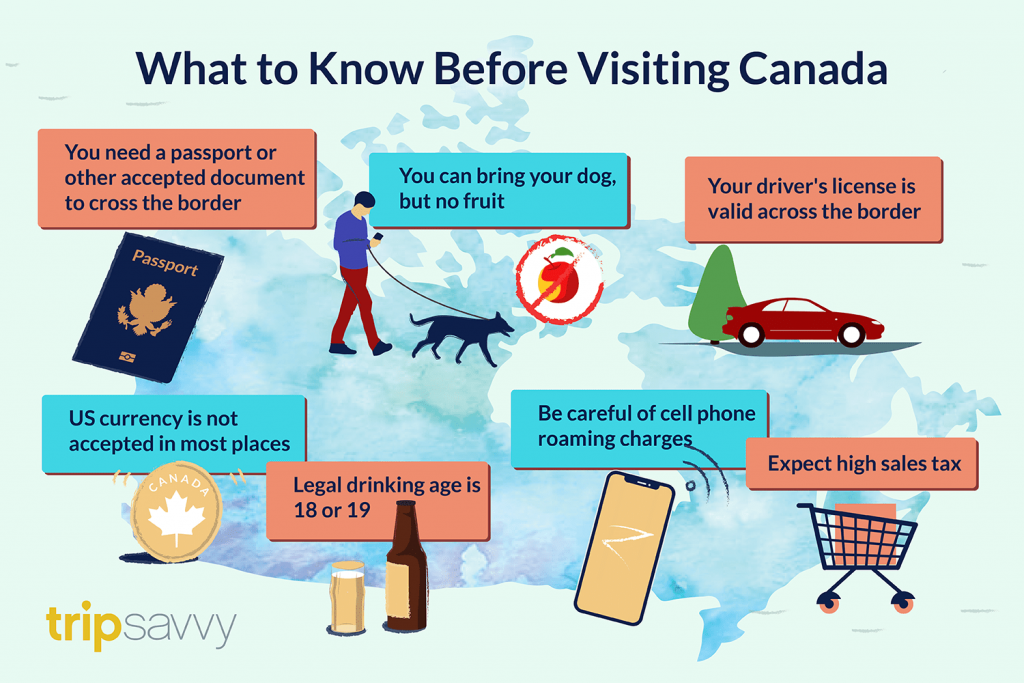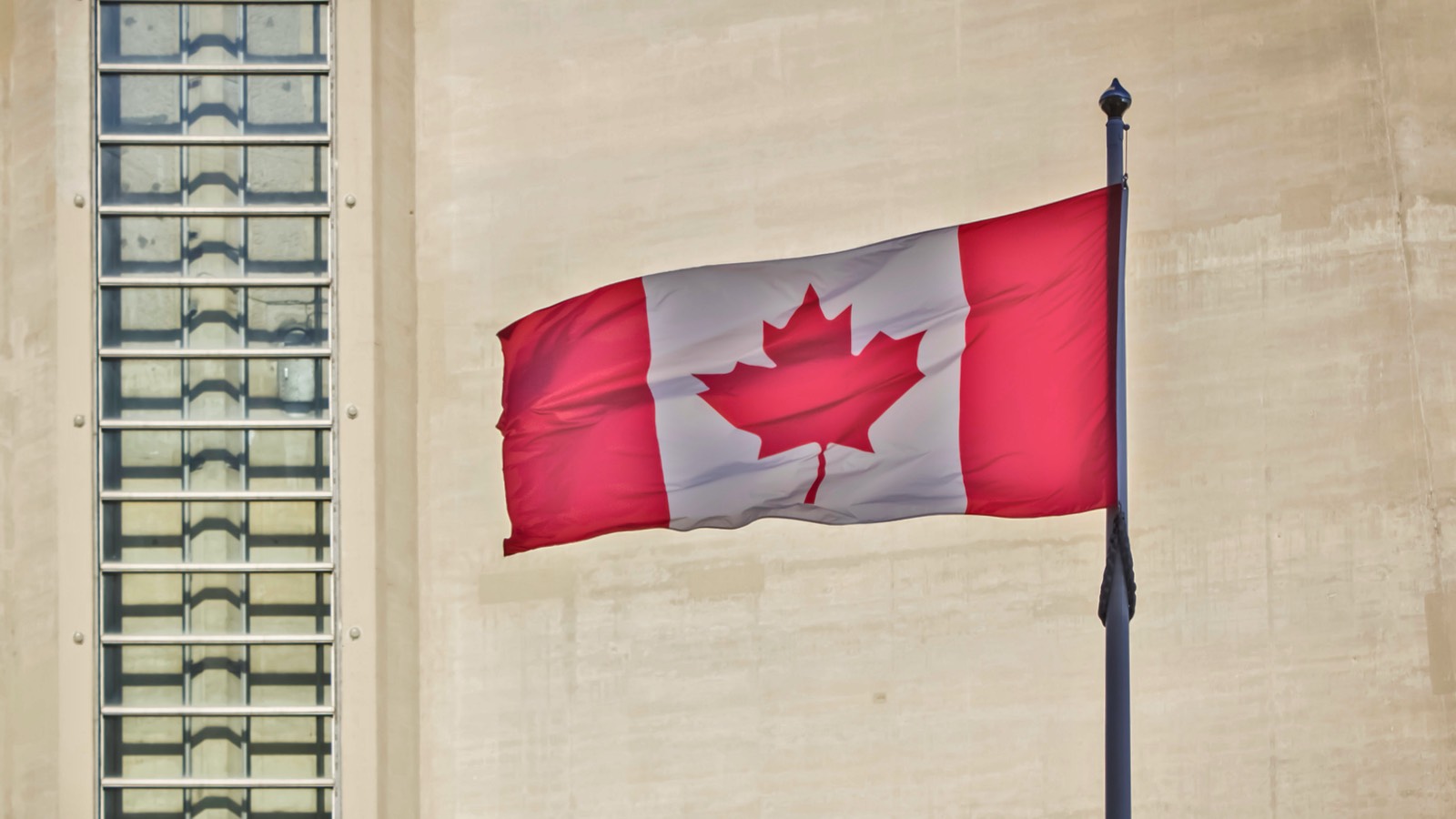Before you travel to Canada, you should know about its various laws. The country is very strict about security, and it can deny entry to certain people based on their past criminal records, suspicious behavior, or even minors. Travel health insurance is highly recommended, especially if you intend to go hiking or skiing in the mountains. If you have concerns about the safety of your belongings, you can always consult a local travel agent.
You may not bring guns into Canada, and they have to be declared. However, you can bring hunting rifles or shotguns, which are not restricted for animal control. Likewise, you can bring in as many as 200 rounds of ammunition duty-free. You must apply for a travel permit in advance and submit it at least 72 hours before your arrival. Alcohol is also subject to duty. For further information, visit the Canadian Firearms Centre website.

Vaccines and vaccinations are important for travelers. Unvaccinated children under the age of 11 and those who are partially vaccinated must have pre-entry testing. For Canadian citizens who are planning a return trip, they will need to meet the same entry requirements as foreign visitors. In addition, they may be asked to provide their passport or visa. Visiting Canada as a resident of the United States requires a passport card. However, this type of license is only issued in certain states. Also, if you plan on flying, you will need a valid visa.
Regardless of how you plan to enter Canada, it’s important to remember that you’ll have to bring acceptable identification and a valid visa. Among the most reliable travel documents, a passport is the only international document accepted worldwide. International transport companies have a mandate to check the validity of travel documents to prevent passengers from being refused entry. If you fail to provide valid travel documents, you may experience delays, or even be denied entry.
If you are traveling to Canada with children, remember that you must obtain a letter of consent from the non-travelling parent before leaving the country. Immigration officers have the right to question children, but they must use simple and appropriate language to ensure that no one is abducted. In addition, you can obtain further information from the Canada Border Services Agency or the Canadian High Commission. When in doubt, contact the Canadian High Commission for further details.



